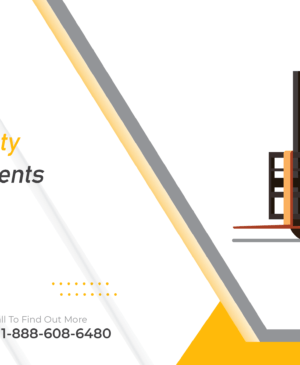CHAMPION STRATEGIES – PUBLIC SPEAKING WORKSHOP – DECEMBER 8, 2020
How can the Illusion of Transparency bias a presenter’s frame of mind?
Speaking in public can be a highly emotional experience. Thus, when you present, the Illusion of Transparency can bias your thinking in several ways, including:
- Amplified anxiety and nervousness.
Savitsky and Gilovich performed a follow-up study to specifically test whether public speakers are susceptible to the illusion of transparency. The answer is a resounding yes! Their research confirmed that when a speaker feels nervous, they tend to overestimate the degree to which the audience can sense their nervousness. To make matters worse, this leads to a negative feedback loop. A belief that the audience can easily detect the nervousness can lead to more The speaker then feels that the audience can detect this nervousness. And so on. And so on. A speaker’s cognitive focus can be consumed by this cycle of nervousness, potentially resulting in degraded performance. - Amplified embarrassment over small mistakes.
Suppose you realize that you’ve made a mistake by mixing up the order of your planned presentation. Like many presenters, you may feel embarrassment at this situation. (“Oh, how could I make such a silly mistake!”) The illusion of transparency may, in turn, lead you to overestimate the likelihood that your audience members can sense your embarrassment. However, unless the sequencing mistake was literally obvious (i.e. mixing up two chronological events), most audience members are likely unaware. - Compulsion to apologize.
As a result of the above effects, you may feel compelled to apologize to your audience. This type of apology can be awkward, because the audience isn’t generally aware of the reason for the apology.
How many of these actions do you recognize in your speaking history? How about other speakers you’ve recently listened to?
How can a speaker overcome the Illusion of Transparency?
Now that you are aware of how the Illusion of Transparency can affect you as a speaker, you can begin to reduce or eliminate its bias in your thoughts. In part, simply reading this article has already helped you to reduce the effect of this bias.
Why? The answer is provided by the Savitsky and Gilovich research into the Illusion of Transparency as it relates to public speaking anxiety. They showed that simply informing speakers about the Illusion of Transparency produced two important benefits in the speakers’ minds:
- The speakers felt more confident that their nervousness was less noticeable to audience members.
- The speakers felt more confident in the quality of their speeches.
Equally important, the research also showed benefits in the assessments from their audience members:
- Audience members noticed less nervousness, and
- Audience members graded their speeches to be of higher quality.
Savitsky and Gilovich delivered the following message to speakers, and it resulted in increased confidence and higher quality speeches:
I think it might help you to know that research has found that audiences can’t pick up on your anxiety as well as you might expect. Psychologists have documented what is called an “illusion of transparency.” Those speaking feel that their nervousness is transparent, but in reality their feelings are not so apparent to observers. This happens because our own emotional experience can be so strong, we are sure our emotions “leak out.” In fact, observers aren’t as good at picking up on a speaker’s emotional state as we tend to expect. So, while you might be so nervous you’re convinced that everyone can tell how nervous you are, in reality that’s very rarely the case. What’s inside of you typically manifests itself too subtly to be detected by others. With this in mind, you should just relax and try to do your best. Know that if you become nervous, you’ll probably be the only one to know.
This is a tremendous scientific result! Just by understanding the Illusion of Transparency, you can grow your confidence, lower your nervousness, and deliver higher-quality speeches. Further, if you accept your nervous feelings as “normal”, it will reduce the strength of the emotion; as a result, your susceptibility to the illusion will reduce as well.









